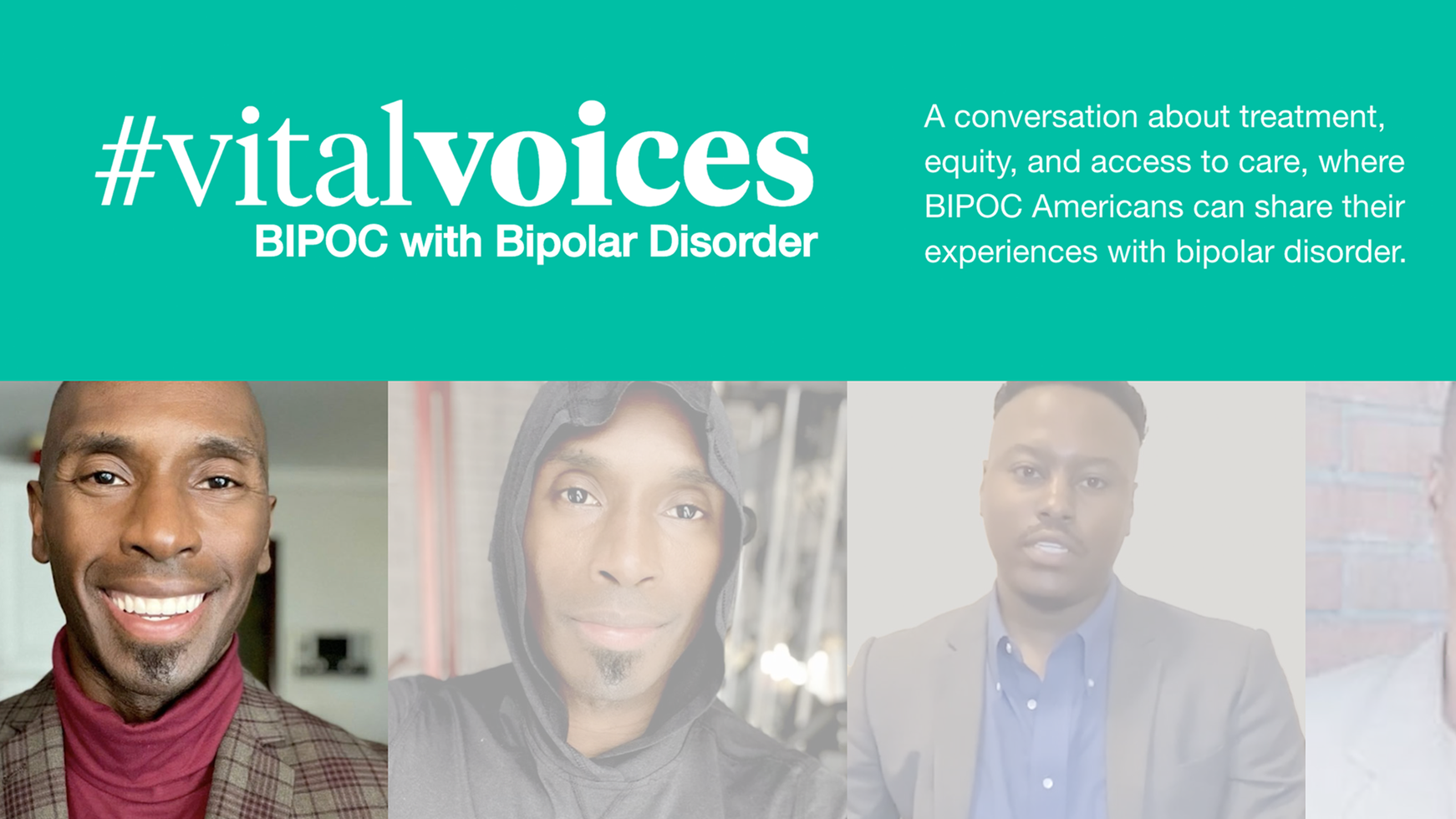Updated on November 6, 2023
If you are living with bipolar disorder and have ever felt judged or “othered” because of the condition, you have experienced stigma.
While feeling different from other people—and learning to navigate that feeling—can be a normal reaction to any medical condition, stigma can have harmful consequences. If you are living with a mental health condition, it’s important that you be able to recognize stigma, as well as its potential consequences.
While the below is written for people who are living with bipolar disorder, much of it also applies to family members, partners, and friends of a person who has bipolar disorder. Many people experience stigma when a loved one is living with a mental illness.
What exactly is stigma?
Stigma can take different forms. Some of the words used to describe stigma are prejudice, discriminatory attitudes, discriminatory behaviors, disapproval, judgement, bias, and negative stereotypes.
Stigma is directed at a person or group who can be perceived as being different. Here, we are looking at the association between stigma and bipolar disorder, but stigma can be associated with many different aspects of a person’s identity—race, ethnicity, gender, sexual orientation, disability, substance use disorders, other mental health conditions, and countless others.
Stigmas are often rooted in lack of understanding and misinformation. For example, exaggerated and inaccurate depictions of bipolar disorder in television and movies.
Are there different types of stigma?
A person can experience stigma in a variety of ways from a variety of sources. To use mental health conditions as an example:
- Public stigma. This refers to negative attitudes and beliefs that the general public holds towards individuals with mental health conditions. For example, the belief that people with mental illnesses are dangerous or unpredictable.
- Self-stigma. This occurs when a person with a mental health condition internalizes negative stereotypes and beliefs about their conditions. They may feel shame, low self-esteem, and reduced self-worth as a result of the condition.
- Structural stigma. This refers to institutional practices and policies that discriminate against people living with a mental health condition. For example, policies that make it more difficult for a person to access treatment for substance use disorders.
What are the potential impacts of stigma?
Stigma can affect different people in different ways. Some examples:
- Stigma can discourage a person from seeking treatment. They may avoid treatment to avoid being judged, being discriminated against, or being viewed as weak for needing treatment.
- Stigma can contribute to social isolation. Lack of understanding and negative stereotypes about bipolar disorder can cause friends, family, and coworkers to distance themselves from a loved one with the condition.
- Self-stigma can contribute to lower self-esteem and reduced self-worth. This can make it more difficult for a person living with bipolar disorder to meet the challenges that come with managing the condition and contribute to depression.
- Stigma from employers and coworkers can lead to discrimination in the workplace, making it more difficult for a person to succeed at their job or be recognized for the work that they do.
What can you do about stigma?
As a person living with bipolar disorder (or a loved one of someone living with bipolar disorder), there are steps you can take to address stigma in your life:
- Stick with treatment. Bipolar disorder requires treatment and can become more severe if left untreated. Starting and sticking with treatment is always the number one priority.
- Make stigma a focus of treatment. Treatment for bipolar disorder typically includes medications and therapy. Make stigma something you discuss with your therapist—including where you experience stigma, how it impacts you, and strategies you can use to address stigma in your life.
- Build a support network. Having the support of others can make a major difference in your quality of life and help you better manage bipolar disorder. Support can come from friends, loved ones, and community resources for people living with a mental illness. It can also come from other people who are living with bipolar disorder—which is one reason to consider participating in a support group.
Always keep learning about bipolar disorder and consider the ways that you can share your knowledge with other people. Education and awareness can promote better understanding of mental health conditions and the experience of living with a mental health condition.






